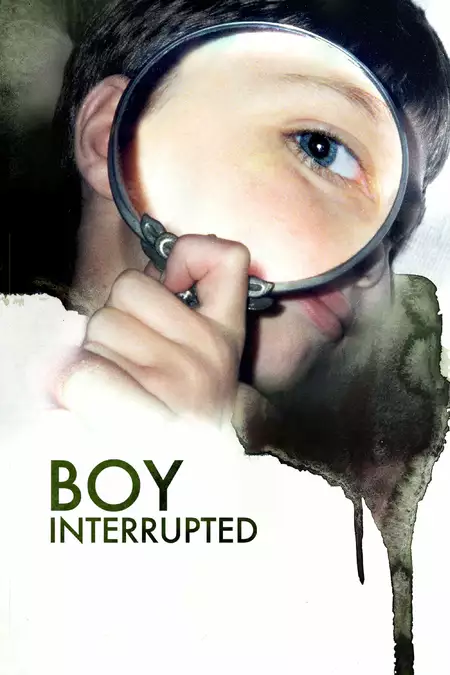Mirror (1975)
Mirror (1975)

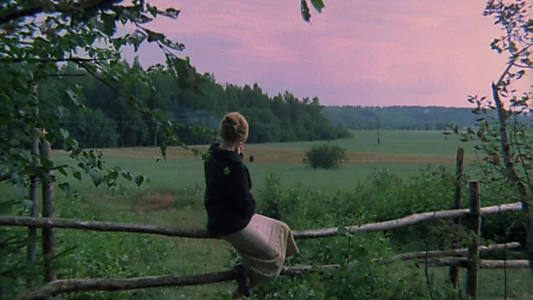
Plot.
Where to Watch.
 Free
Free Rent
Rent Free
Free Subs
Subs Rent
Rent Rent
Rent Rent
Rent Rent
RentCurrently Mirror is available for streaming online, rent, buy or watch for free on: Plex, Apple TV, Plex Channel, Criterion Channel, Google Play Movies, YouTube, Amazon Video, Fandango At Home
Streaming in:🇺🇸 United States

Cast & Crew.
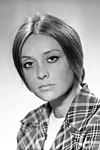
Margarita Terekhova
Natalya / Maroussia - the Mother
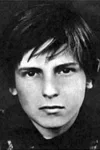
Ignat Daniltsev
Ignat / Alexei - 12 Years Old

Larisa Tarkovskaya
Nadezha - Mother of 12-Year-Old Alexei / Assistant Director
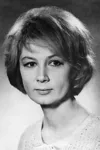
Alla Demidova
Lisa
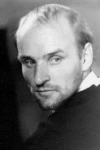
Anatoliy Solonitsyn
Forensic Doctor
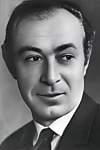
Nikolay Grinko
Printery Director
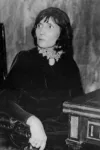
Tamara Ogorodnikova
Nanny / Neighbour / Strange Woman at Tea Table
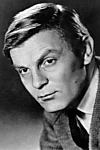
Yuriy Nazarov
Rifle Shooting Instructor
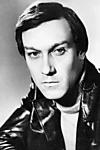
Oleg Yankovskiy
The Father
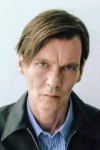
Filipp Yankovsky
Aleksei - 5 Years Old

Yuri Sventikov
Asafiev - War Orphan
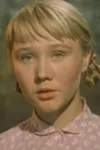
Tatyana Reshetnikova
Proofreader in Printing House

Mariya Tarkovskaya-Vishnyakova
Old Mother

Olga Kizilova
Redheaded Girl

Ernesto del Bosque
Spanish Refugee

Luis Correcher
Spanish Refugee
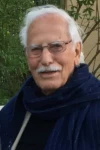
Ángel Gutiérrez
Spanish Refugee

Dionisio García Zapico
Spanish Refugee

Tomas Pamies
Spanish Refugee

Teresa Del Bosque
Spanish Refugee Twin

Tatiana Del Bosque
Spanish Refugee Twin
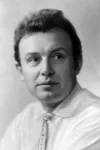
Innokentiy Smoktunovskiy
Narrator - The Author's Words (voice)
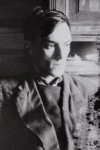
Arseny Tarkovsky
Narrator - His Own Poems (voice) / Poem / Author
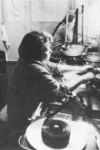
Lyudmila Feiginova
Editor
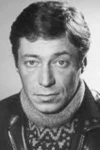
Georgi Rerberg
Director of Photography

Erik Waisberg
Producer

Aleksandr Misharin
Writer
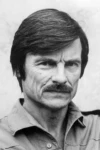
Andrei Tarkovsky
Writer / Director
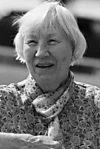
Nelli Fomina
Costume Design

Eduard Artemyev
Original Music Composer

Semyon Litvinov
Sound

Anatoliy Nikolayev
Camera Operator

Nikolay Dvigubskiy
Production Design
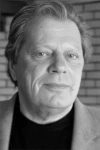
Yuriy Kushneryov
Production Manager

Igor Shtanko
Camera Operator

Vera Rudina
Makeup Artist

Valeriy Kharchenko
Assistant Director

Mariya Chugunova
Assistant Director

Ventzislav Ivanov
Assistant Camera

A. Merkulov
Construction Foreman
Media.







































Details.
Release DateMarch 7, 1975
Original NameЗеркало
StatusReleased
Running Time1h 46m
Budget$825,000
Box Office$124,367
Genres
Last updated:
This Movie Is About.
Wiki.
Mirror (Russian: Зеркало, romanized: Zerkalo) is a 1975 Soviet avant-garde drama film directed by Andrei Tarkovsky and written by Tarkovsky and Aleksandr Misharin. The film features Margarita Terekhova, Ignat Daniltsev, Alla Demidova, Anatoly Solonitsyn, Tarkovsky's wife Larisa Tarkovskaya, and his mother Maria Vishnyakova. Innokenty Smoktunovsky contributed voiceover dialogue and Eduard Artemyev composed incidental music and sound effects.
Mirror portrays a dying poet pondering his memories. It is loosely autobiographical, unconventionally structured, and draws on a wide variety of source material, including newsreel footage of major moments in Soviet history and the poetry of the director's father, Arseny Tarkovsky. Its cinematography slips between color, black-and-white, and sepia. Its nonlinear narrative has delighted and frustrated critics and audiences for decades. The film's loose flow of oneiric images has been compared with the stream of consciousness technique associated with modernist literature.
Mirror initially polarized critics, audiences, and the Soviet film establishment. Tarkovsky devised the original concept in 1964, but the Soviet government did not approve funding for the film until 1973 and limited the film's release amid accusations of cinephilic elitism. Many viewers found its narrative incomprehensible, although Tarkovsky noted that many non-film critics understood the film. Since its release, it has been reappraised as one of the greatest films of all time, as well as Tarkovsky's magnum opus. It is especially popular with Russians, for many of whom it is the most beloved of Tarkovsky's works.: 9–13
You May Also Like.
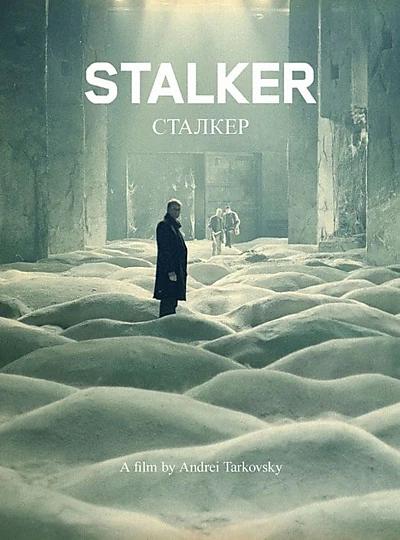
Stalker (1979)
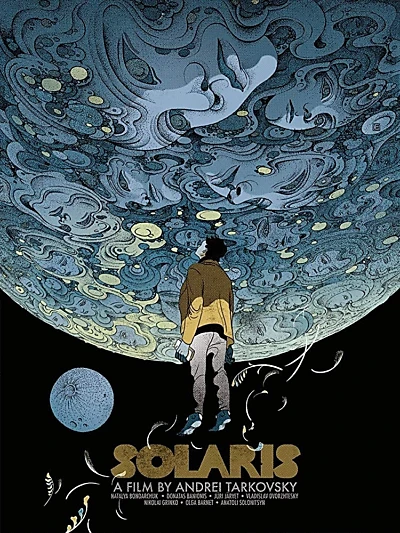
Solaris (1972)
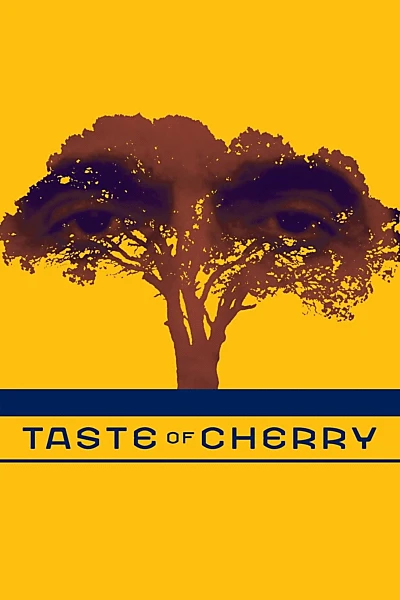
Taste of Cherry (1997)
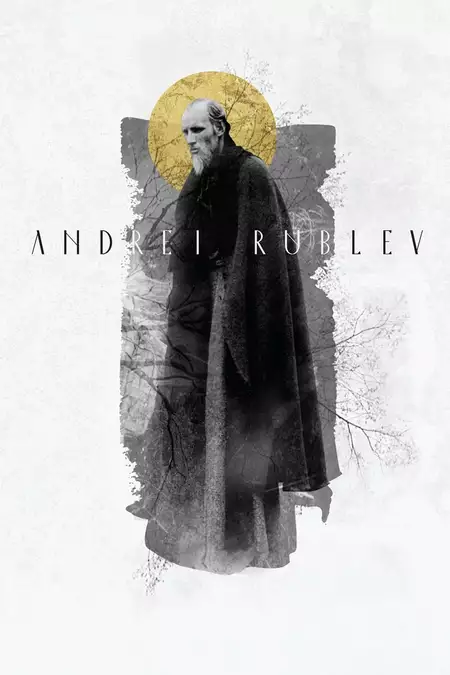
Andrei Rublev (1966)
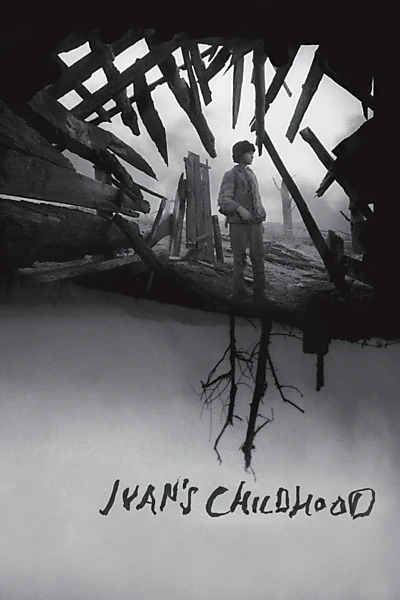
Ivan's Childhood (1962)
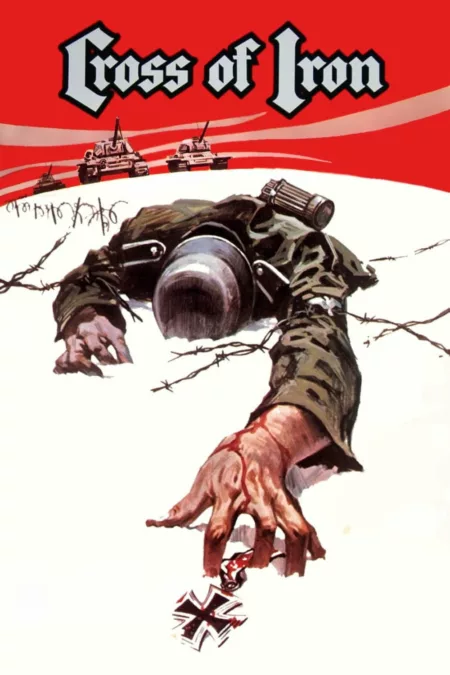
Cross of Iron (1977)
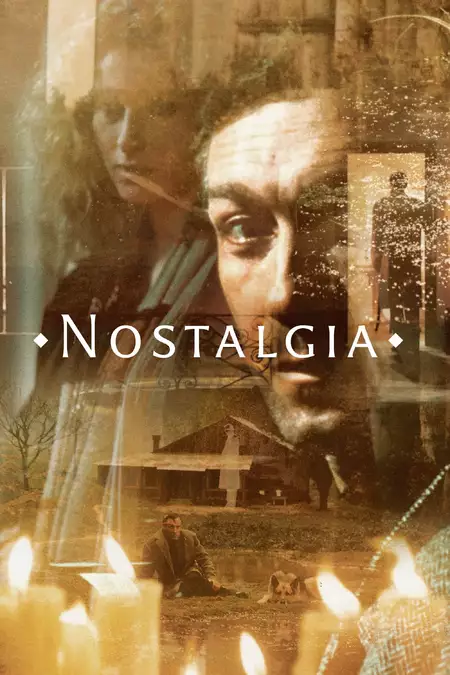
Nostalgia (1983)
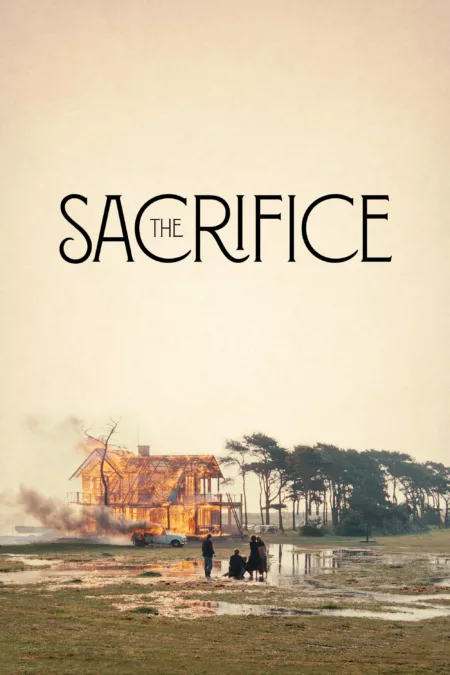
The Sacrifice (1986)
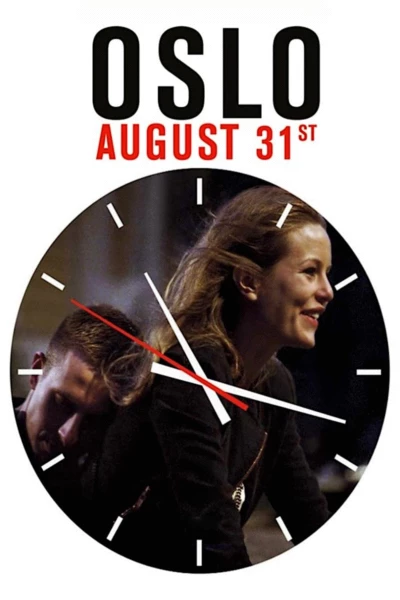
Oslo, August 31st (2011)
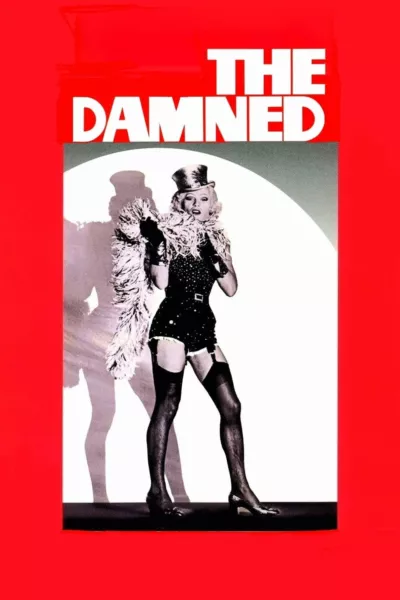
The Damned (1969)
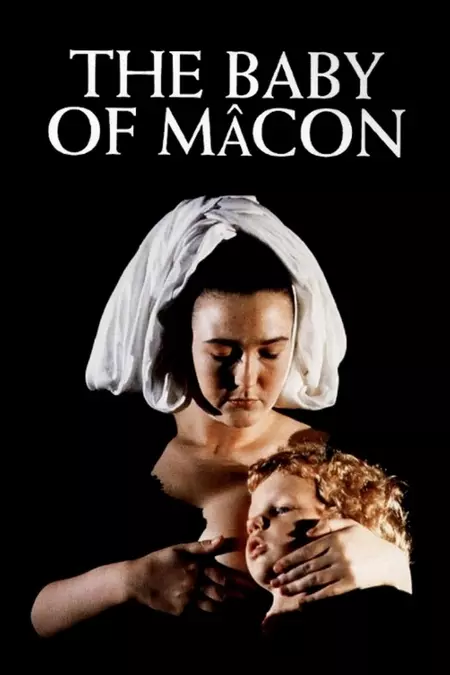
The Baby of Mâcon (1993)
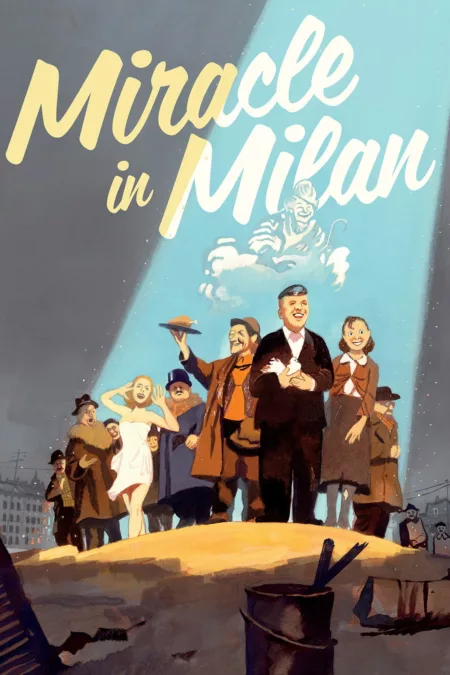
Miracle in Milan (1951)
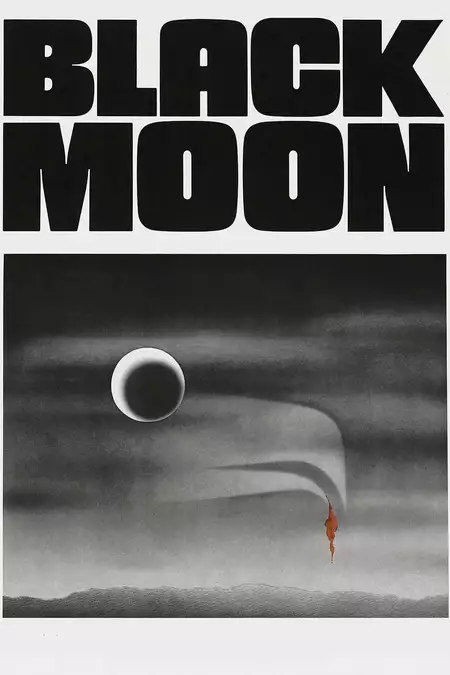
Black Moon (1975)
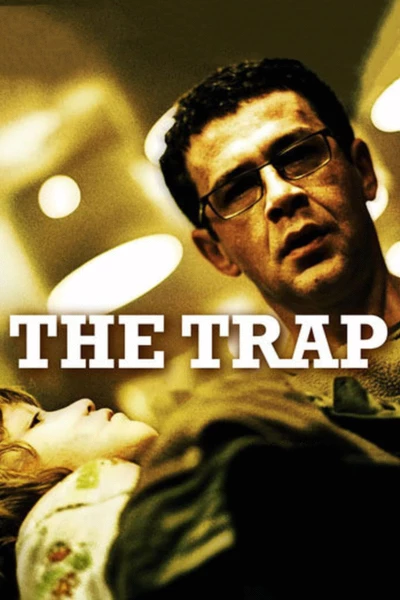
The Trap (2007)
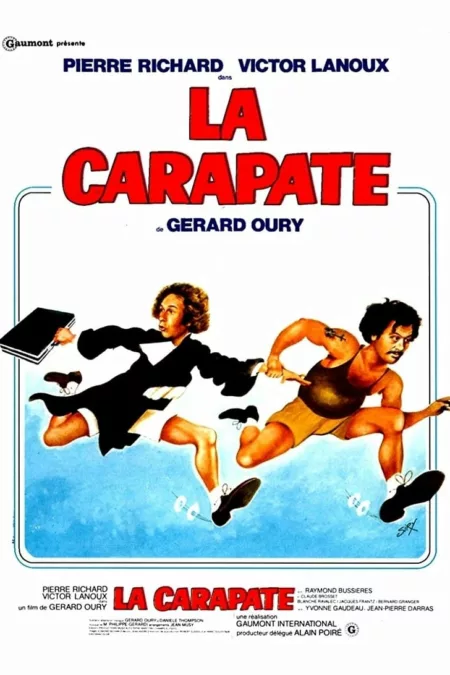
Out of It (1978)
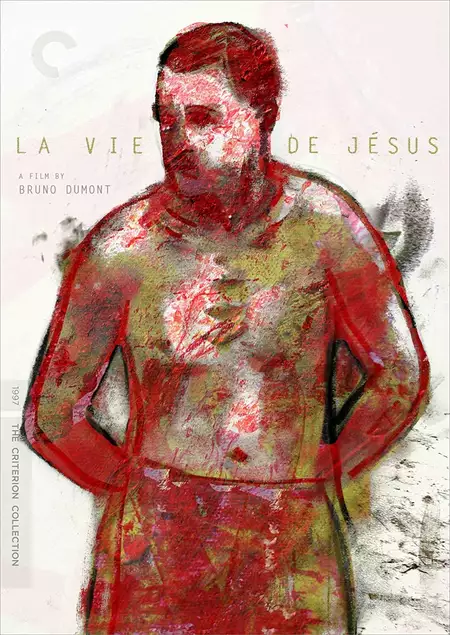
The Life of Jesus (1997)
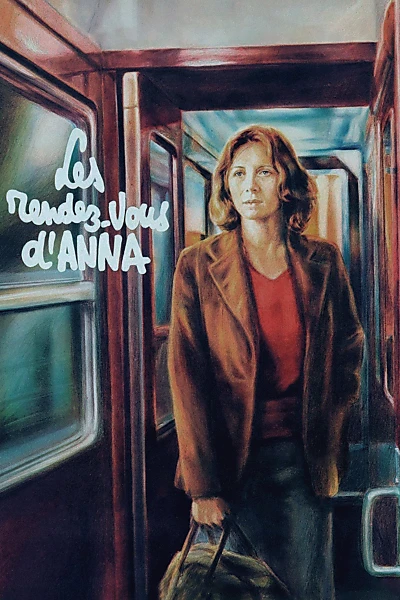
The Meetings of Anna (1978)
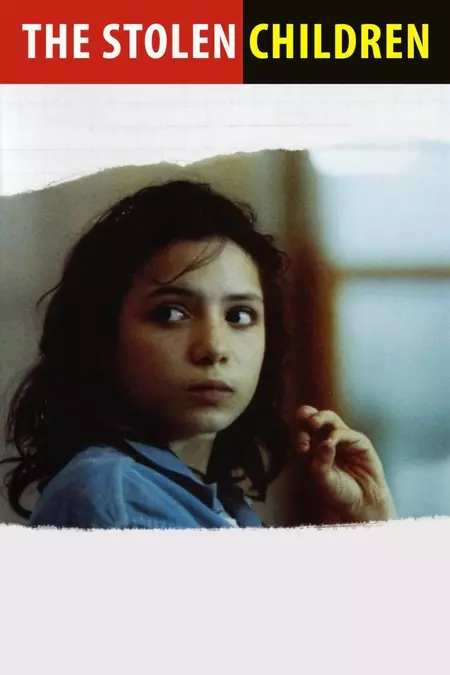
The Stolen Children (1992)
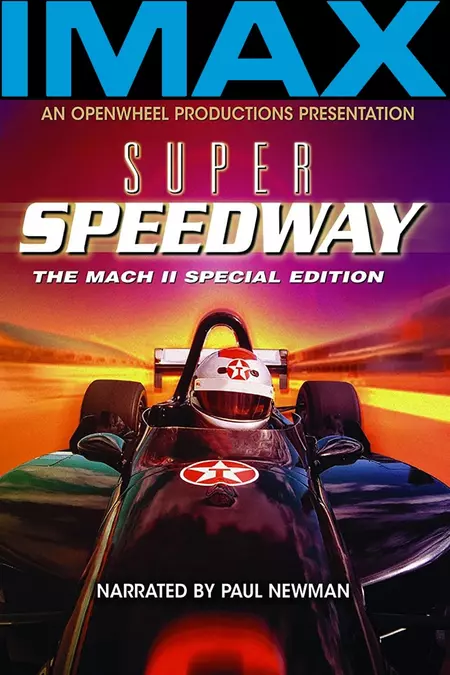
Super Speedway (1997)
